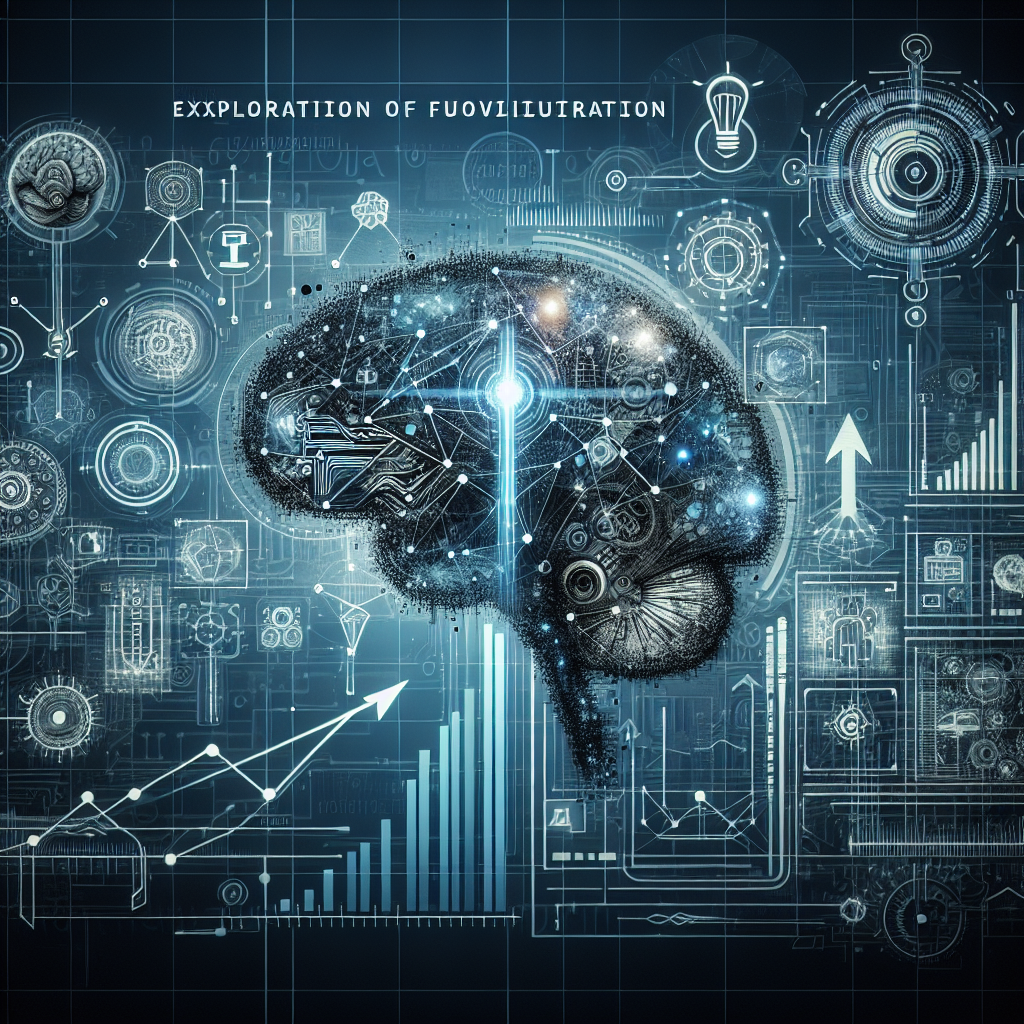Exploring the Future of AGI: What You Need to Know
Artificial General Intelligence (AGI) is a type of artificial intelligence that is capable of understanding and learning any intellectual task that a human being can. While current AI systems are designed for specific tasks and lack the ability to generalize their knowledge to new domains, AGI has the potential to revolutionize the way we live and work. In this article, we will explore the future of AGI, including the benefits, challenges, and implications of this powerful technology.
What is AGI?
AGI is a form of artificial intelligence that is able to perform any intellectual task that a human can. It is often compared to human intelligence in terms of its ability to reason, learn, understand, and adapt to new situations. Unlike narrow AI systems, which are designed for specific tasks such as image recognition or natural language processing, AGI has the potential to outperform humans in a wide range of cognitive tasks.
The development of AGI is still in its early stages, but researchers and experts in the field are working towards creating systems that can think and learn like humans. While AGI has the potential to bring enormous benefits to society, it also raises ethical and societal concerns that must be addressed.
Benefits of AGI
The potential benefits of AGI are vast and varied. For example, AGI could revolutionize healthcare by diagnosing diseases more accurately and quickly than human doctors. It could also enhance education by providing personalized learning experiences for students based on their individual needs and abilities.
In addition, AGI has the potential to improve productivity and efficiency in a wide range of industries, from manufacturing to finance. By automating routine tasks and decision-making processes, AGI could free up human workers to focus on more creative and strategic activities.
Challenges of AGI
Despite its potential benefits, the development of AGI poses significant challenges. One of the main challenges is ensuring the safety and reliability of AGI systems. Because AGI systems are designed to be autonomous and capable of learning from their environment, there is a risk that they could make mistakes or behave in unpredictable ways.
Another challenge is the ethical implications of AGI. For example, there are concerns about the impact of AGI on employment, privacy, and security. If AGI systems outperform humans in a wide range of tasks, there is a risk that they could displace human workers and exacerbate income inequality.
Implications of AGI
The development of AGI has the potential to transform society in profound ways. For example, AGI could lead to the creation of new industries and job opportunities, as well as improvements in healthcare, education, and other sectors. However, it could also lead to job displacement, economic disruption, and other negative consequences.
In addition, there are concerns about the impact of AGI on democracy and governance. For example, if AGI systems are able to make decisions without human oversight, there is a risk that they could concentrate power in the hands of a few individuals or organizations. This could lead to a loss of transparency, accountability, and democratic control.
FAQs
Q: How close are we to achieving AGI?
A: While significant progress has been made in the field of AI, we are still far from achieving AGI. Researchers and experts estimate that it could take several decades before AGI becomes a reality.
Q: What are the ethical concerns surrounding AGI?
A: Some of the ethical concerns surrounding AGI include job displacement, privacy violations, and the potential for AGI systems to be used for malicious purposes. It is important for researchers, policymakers, and industry leaders to address these concerns in order to ensure that AGI is developed in a responsible and ethical manner.
Q: How can we ensure the safety and reliability of AGI systems?
A: Ensuring the safety and reliability of AGI systems will require a combination of technical solutions, regulatory oversight, and ethical guidelines. Researchers are exploring ways to design AGI systems that are transparent, accountable, and aligned with human values.
In conclusion, the future of AGI holds great promise, but also poses significant challenges and risks. It is important for researchers, policymakers, and industry leaders to work together to address these challenges and ensure that AGI is developed in a responsible and ethical manner. By doing so, we can harness the full potential of AGI to improve our lives and create a better future for all.

